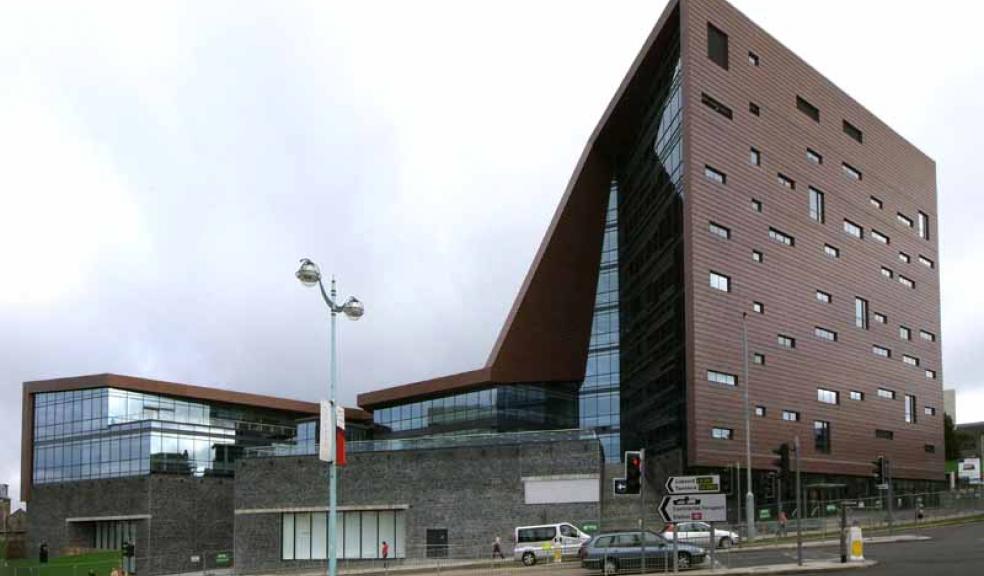
Students given opportunity to debate future of environmental science
Politicians, scientists, broadcasters and students will lock horns in a debate highlighting the challenges facing the world of environmental science.
Lecturers at Plymouth University have created the platform to give students an informed insight into the range of issues they might encounter during their careers.
It will also provide them with the opportunity to pose questions to a distinguished panel about current policies and how they might be influenced in the future.
The Environment Question Time is being coordinated by Dr John Maskall, Senior Lecturer in Environmental Science, who will also chair the event.
He will be joined by a panel offering a range of perspectives on environmental issues, including:
• Molly Scott-Cato, Green Party MEP for South West England;
• Maya Plass, Marine and Coastal Ecologist;
• John Bull, Associate Professor in Environmental Science at Plymouth University;
• Professor Tim Lenton, Chair in Climate Change and Earth Systems Science at the University of Exeter;
• Oliver Slaughter, final year student in BSc (Hons) Environmental Science at Plymouth University.
Dr Maskall said: “People may not realise it, but environmental science is a core part of our everyday lives. It is all about the air we breathe, the water we drink, how much we pay for commodities, our health and well-being, and much more besides. This event will give our students an overview of those issues, the different perspectives and opinions of people in the field, and how the topics they are studying have a genuine impact in the real world.”
The event will take place on Thursday 22 October, from 7-8pm, with the audience made up from staff and students on the BSc (Hons) Environmental Science programme.
Plymouth University has long been considered a pioneer in the field, with its degree course among the first of its kind in the country when it was started in 1973 to meet the environmental challenges of the day.
There have been constant developments to keep it up to date and relevant, and it has spawned a host of successful graduates including world renowned academics and the directors of global environmental companies.











